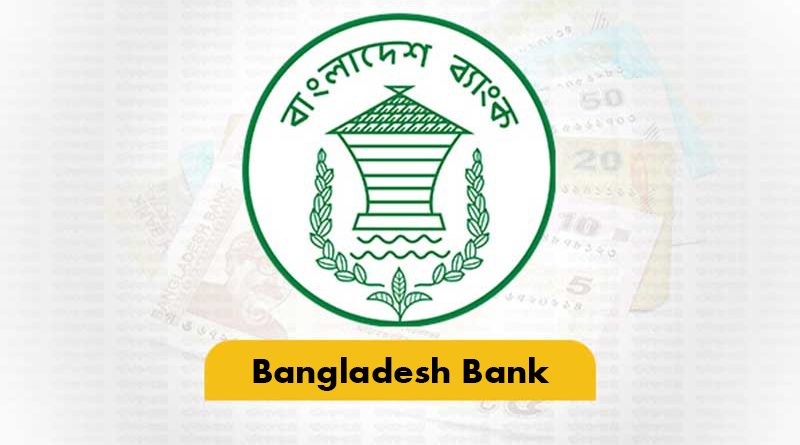Bangladesh Bank has introduced a new policy allowing resident Bangladeshi nationals to purchase air tickets from airlines operating in Bangladesh using international cards, aiming to ensure competitive pricing and enhance customer convenience. The directive was issued through a circular on November 19, 2025, addressed to authorized dealer ( AD) banks.
Previously, the use of international cards was allowed only for overseas travel-related purchases. However, many travellers have reportedly faced difficulty purchasing tickets at competitive prices within Bangladesh due to limited digital settlement options. The new policy aims to eliminate these market constraints.
Under the revised rules, resident Bangladeshis holding appropriate visas may now use their international cards to buy outbound air tickets directly from airlines operating in Bangladesh — for example, on routes such as Dhaka–Singapore or Dhaka–Dubai, etc..
To ensure transparency and proper channeling of foreign exchange earnings, the circular instructed that all ticket sale proceeds need to be settled through payment arrangements with AD banks in Bangladesh. The proceeds will be captured within the formal banking sector as foreign exchange earnings.
The circular further allows international cards issued under travel entitlement to be refilled or replenished up to the exact amount spent on ticket purchases. Such refills may only be made once the AD bank confirms full realization of the ticket sale proceeds through domestic banking channels.
Additionally, Bangladesh Bank has allowed airlines to retain ticket sale proceeds in foreign currency accounts maintained with AD banks in Bangladesh. The balances held in such accounts may be used to remit eligible surplus earnings abroad without converting them into Taka, subject to applicable regulatory guidelines.
Industry insiders view the move as a step toward aligning Bangladesh’s aviation ticketing framework with international digital standards, reducing price discrepancies between domestic and overseas sales channels, and strengthening foreign exchange monitoring through formal banking systems.






